Love and Conflict in Marriage
Marriage is not a human invention but a divine institution. God is at the very heart of marriage. It is the union of one man with one woman in total mutual self-giving and commitment for life. During the courtship period, the man and woman need to ask themselves many questions regarding their future life together.
Feeling and Passions
Passion is nature’s way of attracting two people strongly to each other but passion also blinds. That is why during the courtship period that is characterized by romantic love, people in love do not clearly see each other’s defects. They easily overlook disorder, irresponsibility, temper in the person they love and do not allow any ill feelings to hurt their love. At the beginning of falling in love, young people tend to be attracted by simple things such as gestures, way of walking, talking and laughing, tone of voice and even to some external mannerisms even defects. A woman might be attracted to the way a man brags about his power and strength; a man might be attracted to a woman who is coquettish. It is amazing how quickly these things acquire a different effect once the couple have been married for some time.
Family origin
Marriage is always a work in progress because people and life circumstances keep on changing. It is like the human heart that must keep on beating. The challenge to the married couple is to stay connected through loyalty, friendship and attraction despite changes. This is the time to revamp their relationship through self-improvement to become more lovable, less self - centered and more loving. It is a time when the woman must not neglect her physical look: she must try to look nice and attractive for her husband.
The story of Emily
By nature, I am very sociable and I had plenty of friends when I got married, men and women. A month after my marriage, two of my girls invited me for a drink after work and of course I obliged. This is something we had always done together, chat over a drink before going home. Whatever we discussed was never very important. In fact, it tended towards harmless gossip more than anything else. I walked into the house at eight o’clock in the evening, unperturbed. There was my husband alone. His immediate question was: “Where on earth were you?” I responded: “I was having a drink with Sophie and Irene: you know them, don’t you?” he firmly retorted: “If because of your friends I have to get home before you, drop them!” I was hurt and horrified! I was naïve then but I have come a long way.
Emily explains that she understood a lot when sometime later, Richard invited some of his close friends to visit them at their new home. She did not like the way they behaved and the way they talked and she later told Richard: they behave as if I did not exist and this is my home! I don’t mind serving them, but am I not part of the company?” The following night, Richard took her out for dinner, partly to placate her and they talked. It was not that suddenly their friends had changed for the worse, not at all! It was them who had gotten involved in a new relationship that took central stage and therefore had to modify everything to suit this vital relationship. Friends who were single had their place in this relationship too, but Irene and Richard felt that their interests and occupations were now different.
THE STORY OF JOSEPHINE
Josephine’s friends were a mixed crowd of men and women, most of who worked in the same organization as she did. From time to time she worked late, and Leonard would drop her home. Her husband Arthur was getting anxious about her working hours. He found himself pacing up and down the sitting room wondering if something was wrong. One day, as he looked out of the window, he saw her descending from a car and clearly noticed that the driver was a man. When Josephine rang the doorbell, Arthur furiously opened the door and started screaming at her: “So that’s what happens? You go out with men and pretend you are working late?” Josephine could not stand the false accusation and started arguing. Then he slapped her, once and again. She was shocked. She could not believe that Arthur could do that. That night, she ran off to her mother’s house.
She relates:
“When I told my mother what had happened, she listened calmly without interrupting me until I finished. The she asked me: “My daughter, are you trying to fall in love when you are already in love?”
She counselled me for three days before I realised that my husband really loved me and was jealous to see me alone in the car with another man. When I argued that he did not trust me, my mother explained: ‘Trust, a virtue is one thing, another quite different thing is to put yourself into situations where you can be tempted beyond your strength.’
She went on and on about ‘occasions of sin’ and I felt she was exaggerating. These were my friends! I will always remember her last words: “Precisely, one doesn’t fall in love with enemies but with people one likes.’
Commitment to a person in marriage means fidelity. Anything that threatens that fidelity is like playing with fire. I hope no one reading this book is too naïve to think they are strong enough to overlook measures of prudence in their relations with the opposite sex. But rather than worry about possible falls, one should concentrate on building real friendship and strengthening love in his or her marriage. After all, it is often the unhealthy body that catches the disease.








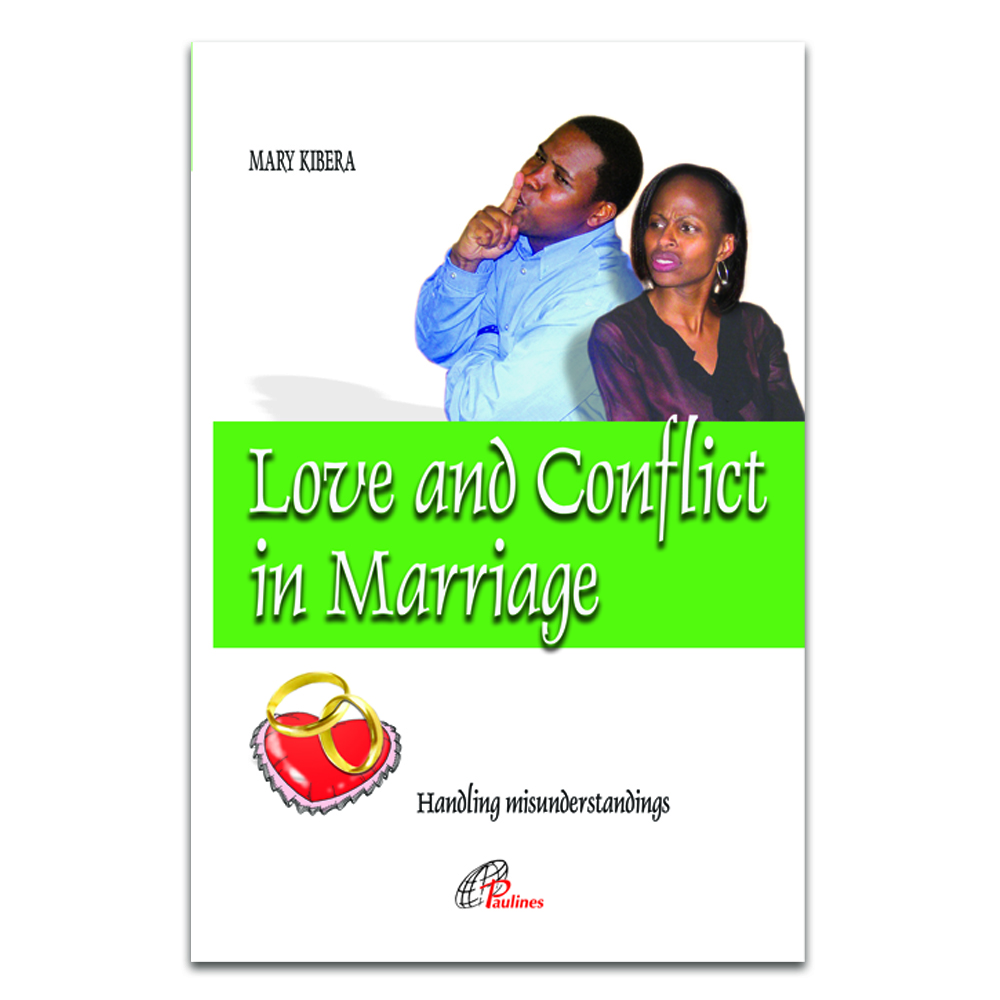
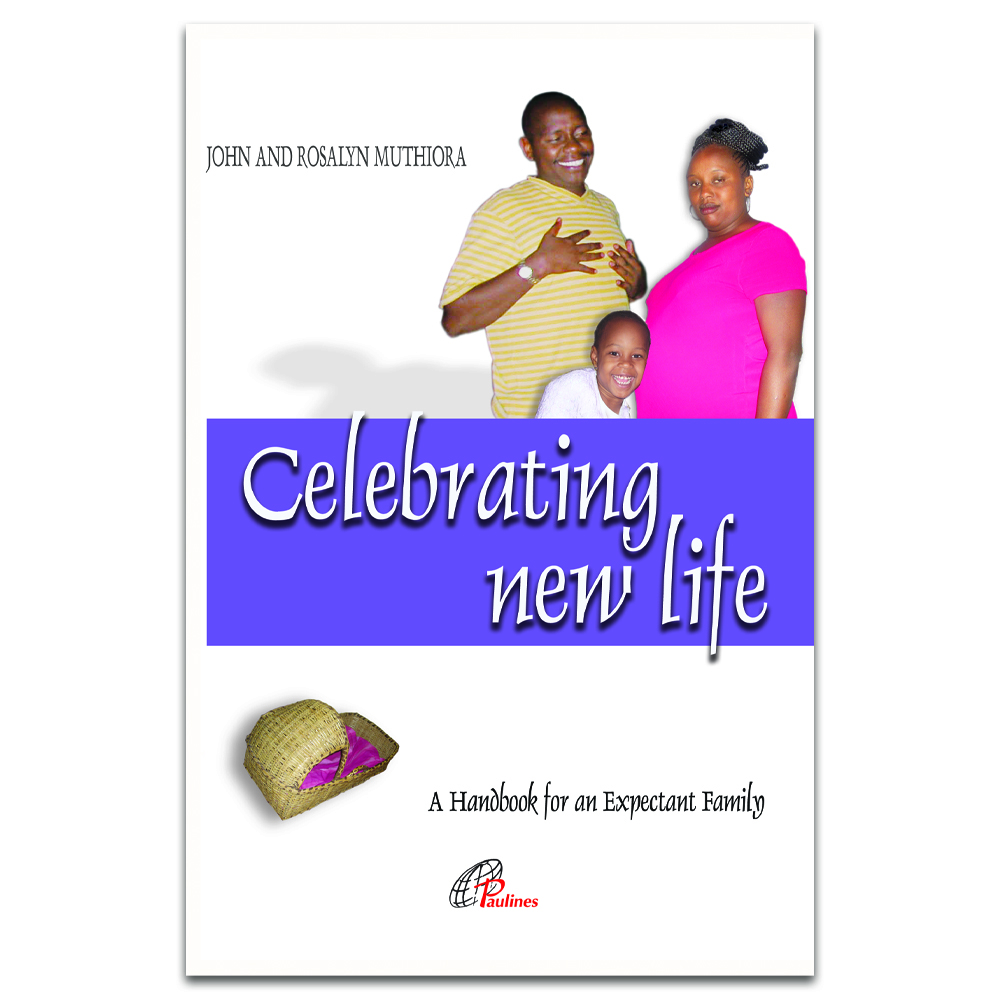
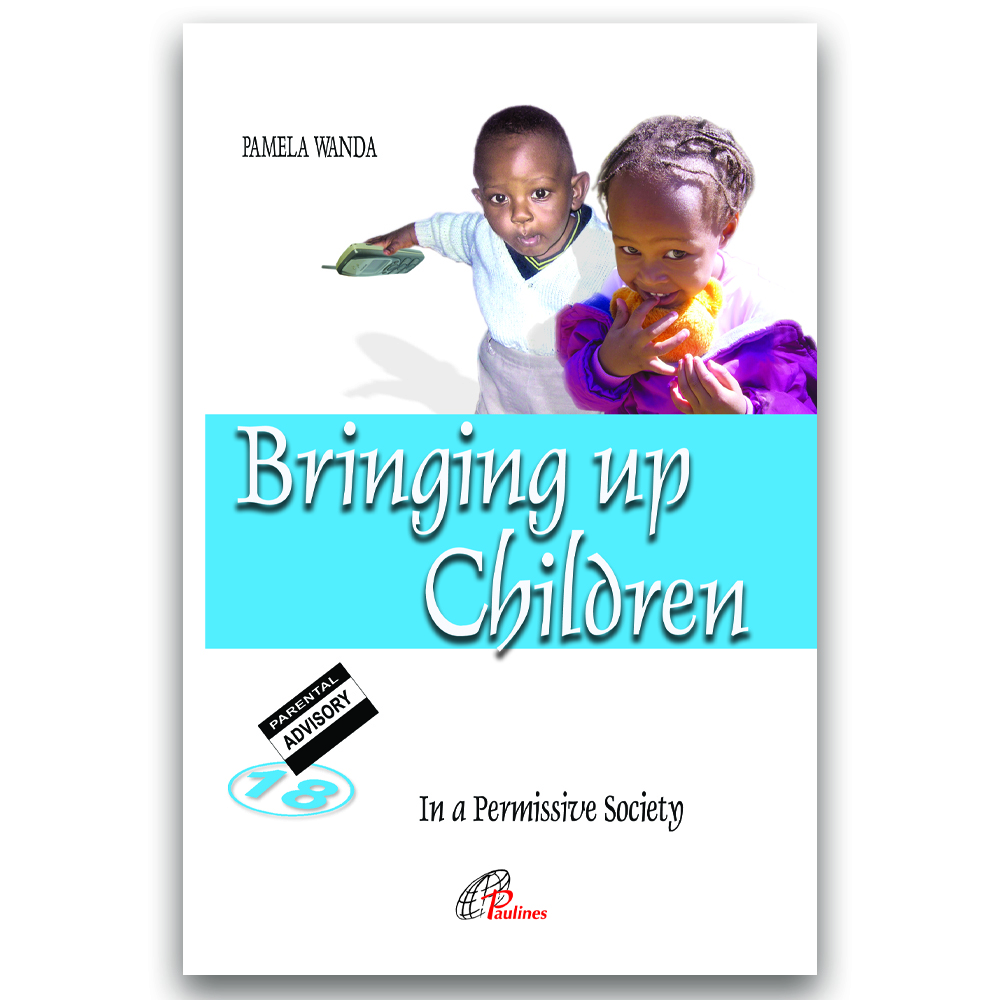
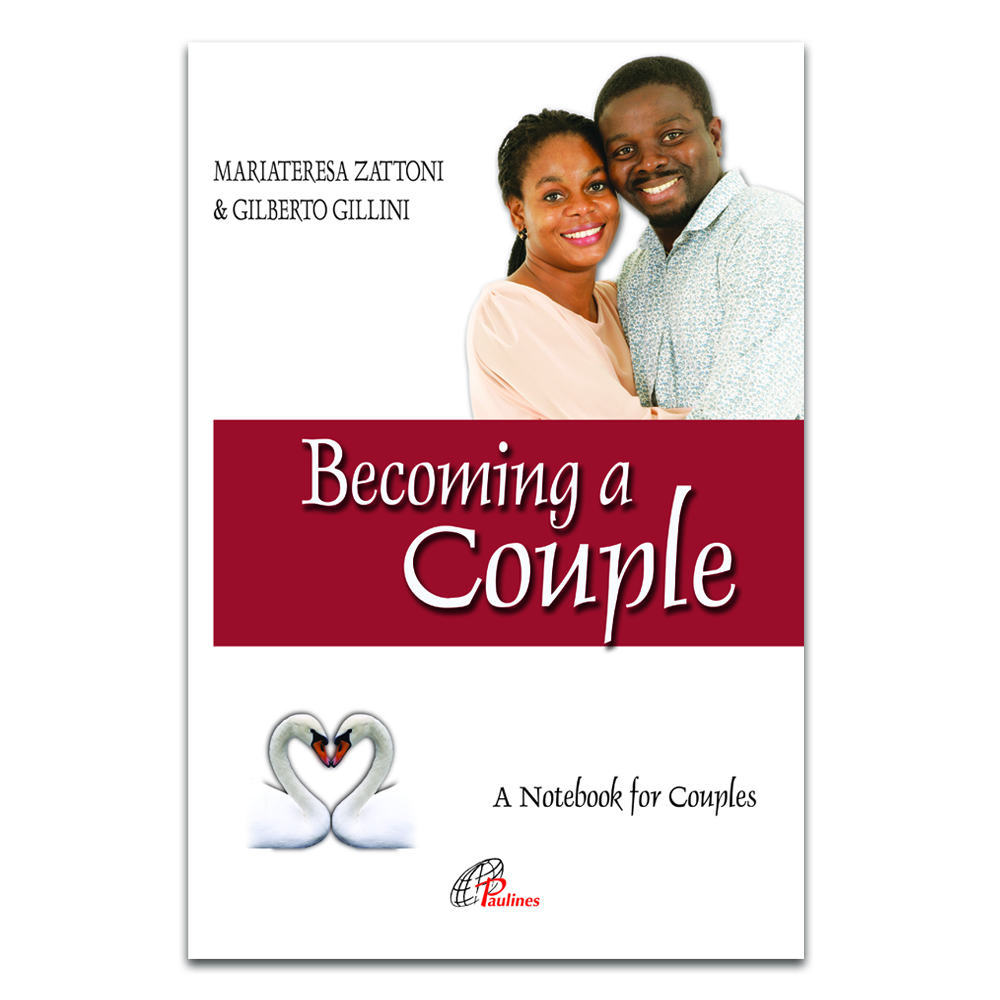

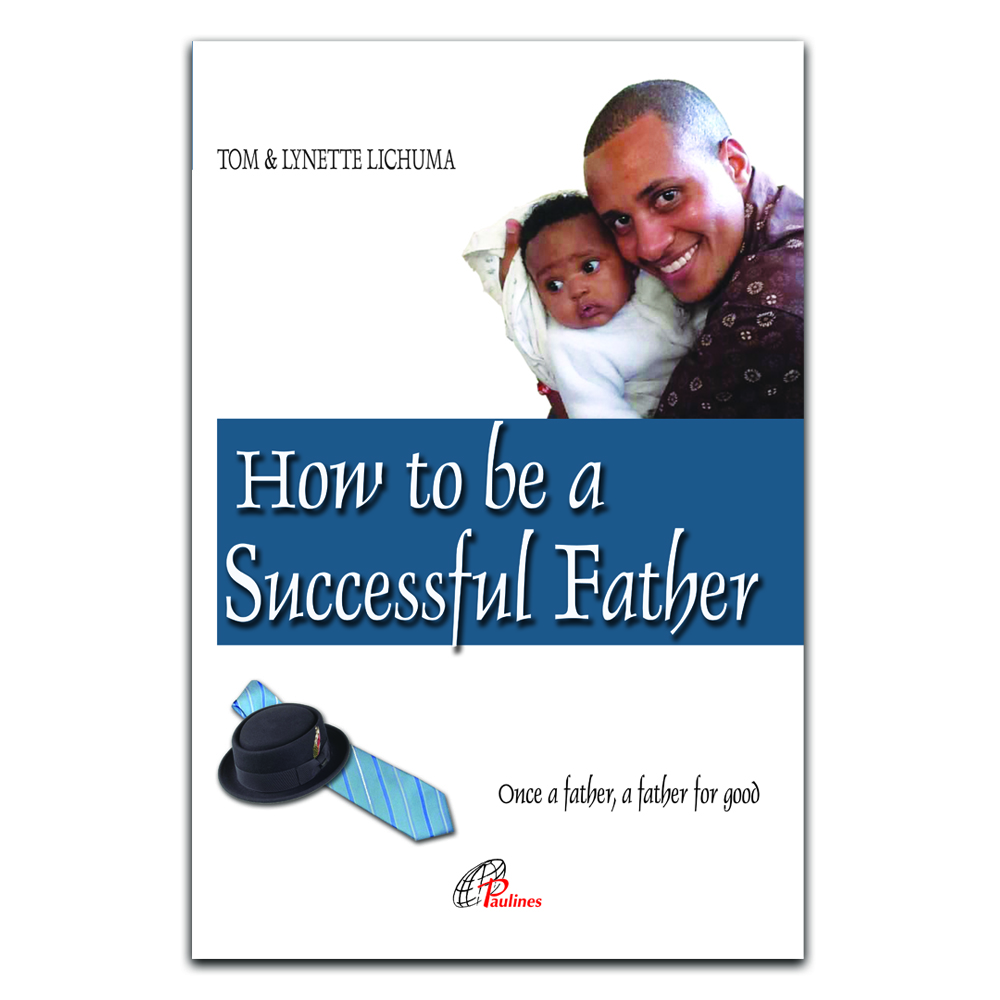
.png)